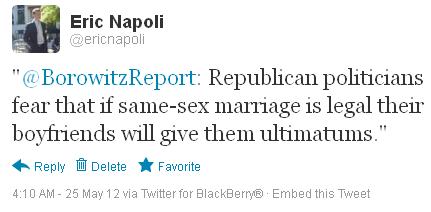
Earlier this year I fell into the great Hunger Games trap. Out of pure curiosity and as result of witnessing my nephews and (my own) mother literally consume the books, I decided to give the story a try. And the first one was great.
Not great as a literary achievement but as pure entertainment that also touched at the heart of the American fiber: our passionate, ingrained belief that we stand up for the underdog and up against tyranny. In a sense, The Hunger Games has the perfect formula to pull on the All American heartstrings. The main character is a young woman, fatherless and coming of age in a simple miners’ town, subject to the cruelties of a brutal elitist despot class that is reminiscent of both the nation’s past subjugation at the hands of King George and the contemporary shallowness of “ reality TV”. Add an element of a love story and how could an American not fall head over heels for Kantiss? It is the kind of tale that has the Declaration of Independence in its DNA.
Yet the irony is that just as we think we love the guy who fights the power, who stands up against the Elite-run media, the State, the For-and-By-the-Leader, isn’t that what we have become? Can’t The Hunger Games be read not as a tale of how the American people won independence from the British Crown but of how that independence is being lost?
In reading an article written today by Glenn Greenwald on the mainstream media’s government stenography (specifically, how Brian William’s recent story on the Bin Laden killing was nothing more than pure pro-White House propaganda), I was immediately reminded of Caesar Flickerman, the Capitol’s reporter-in-chief. We are more like the Capitol than like the Thirteen Colonies.
So do we love or hate authority? Here’s Greenwald from at the time I was reading The Hunger Games:
As Digby recently observed, after posting a great Tom Tomorrow cartoon on the willingness of progressives like this to accept and defend these absues from Obama: “The fact is that deep down, many Americans really want to be subjects.” They just want their benevolent tyrant to be a sophisticated, East Coast-sounding, eloquent orator — just like conservatives wanted theirs to be a swaggering, evangelical Christian cowboy — because those tribal familiarities ensure that your leader will be exempt from the universal corruption of vast emperor-like powers exercised in the dark (I want this person assassinated; I want this person imprisoned; I will not account to anyone for my decrees, etc.). I can’t tell you how many times during the Bush years I heard this from conservatives: you’re paranoid if you think Bush would do evil things because he’s a good man. As Scahill summarized this mindset last night: “Trust But Don’t Verify. Don’t Question Authority. Speak Power to Truth.”
We love to think of ourselves one way while we are secretly the opposite, like the homophobes’ latent homosexuality. No where else in the world are people so “distrusting of government” yet constantly worshiping the police, capital punishment, the military and their president as the warrior chief.
And that is the inherent irony of The Hunger Games and the American mind. We love the hero who defies power in fiction and history, because in the here and now, in our real lives, we are glued to our televisions cheering our leaders on, no questions asked lest you be the villain.
And if you’re asking: read the first one, but leave it there. Installments two and three go from disappointing to a waste of time.





